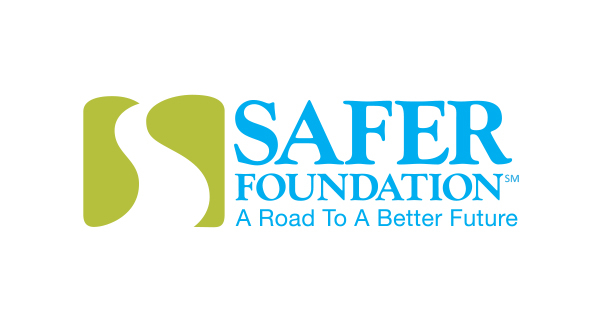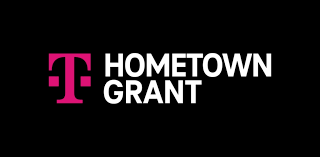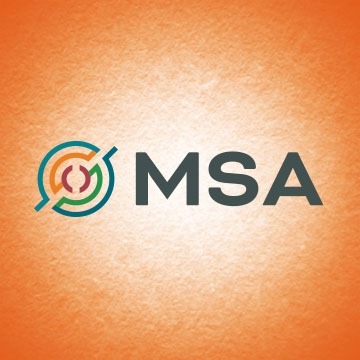In an effort to inform people impacted by the justice system of their rights, the Safer Foundation is conducting a series of webinars in partnership with the Women’s Justice Institute.
The webinars are designed to help people who are incarcerated and those with arrest and conviction records know their rights, their remedies and also help connect them to legal and reentry resources.
The Safer Foundation, headquartered in Chicago with a Quad Cities office, is one of the nation’s largest providers of employment support services for those with arrest and conviction records.
The webinar series also is sponsored by the Illinois Access to Justice Program, which works to alleviate the consequences of incarceration and family separation.
The webinars include:
- Housing and Driver’s Licenses, Wednesday, March 5, noon-1 p.m. This session will cover housing protections that people with arrest and conviction records have at the federal, state and local levels. Other topics include: protections people seeking housing in the federally subsidized [public] housing market and the private housing market; and new laws designed to help people retain their driver’s licenses even if they acquire fines and fees. Register here.
- Employment, Occupational Licensing, and Education, Thursday, March 6, noon -1 p.m. This webinar will cover local, state and federal legal protections for people with arrest and conviction records in their search for employment. It will also cover the occupational licensing application process in Illinois (more than 25% of all occupations now require an occupational license); and information on accessing federal financial aid and higher education. To register, click here.
- Civic Engagement and Criminal Records Relief, Friday, March 7 noon -1 p.m. The webinar will present the range of criminal records relief such as sealing and expungement, certificates of good conduct, healthcare worker waivers, and clemency. Voting protections and the U.S. Census will be covered. To register, click here.
- Child Placement Options, Wednesday, March 12, noon -1 p.m. This session will cover topics such as divorce, child custody, and visitation. It will examine how people who are incarcerated can file petitions and the options available. This session will also discuss the Department of Children and Family Services and the child welfare system. Participants will learn the timeline of child welfare cases and what various terms mean as well as how parents can appeal indicated reports. The discussion will include how parental rights can be terminated, particularly how criminal records can be used against parents. Finally, we will examine how criminal records impact the ability to foster children. To register, click here.
- Civic Engagement and Criminal Records Relief – Friday, March 18, noon-1 p.m. To register, click here.
- Housing and Driver’s Licenses, Wednesday, March 19, noon-1 p.m. To register, click here.
- Employment, Occupational Licensing, and Education, Thursday, March 20, noon -1 p.m. Register here.
- Civic Engagement and Criminal Records Relief, Friday, March 21, noon -1 p.m. To register, click here.
- Child Placement Options, Wednesday, March 26, noon -1 p.m. To register, click here.
- The Child Welfare System, Friday, March 28, noon -1 p.m. This session will discuss the Department of Children and Family Services and the child welfare system. Participants will learn the timeline of child welfare cases and what various terms mean. It also will discuss how parents can appeal indicated reports, and how parental rights can be terminated, particularly how criminal records can be used against parents. It also will examine how criminal records impact the ability to foster children. To register, click here.







